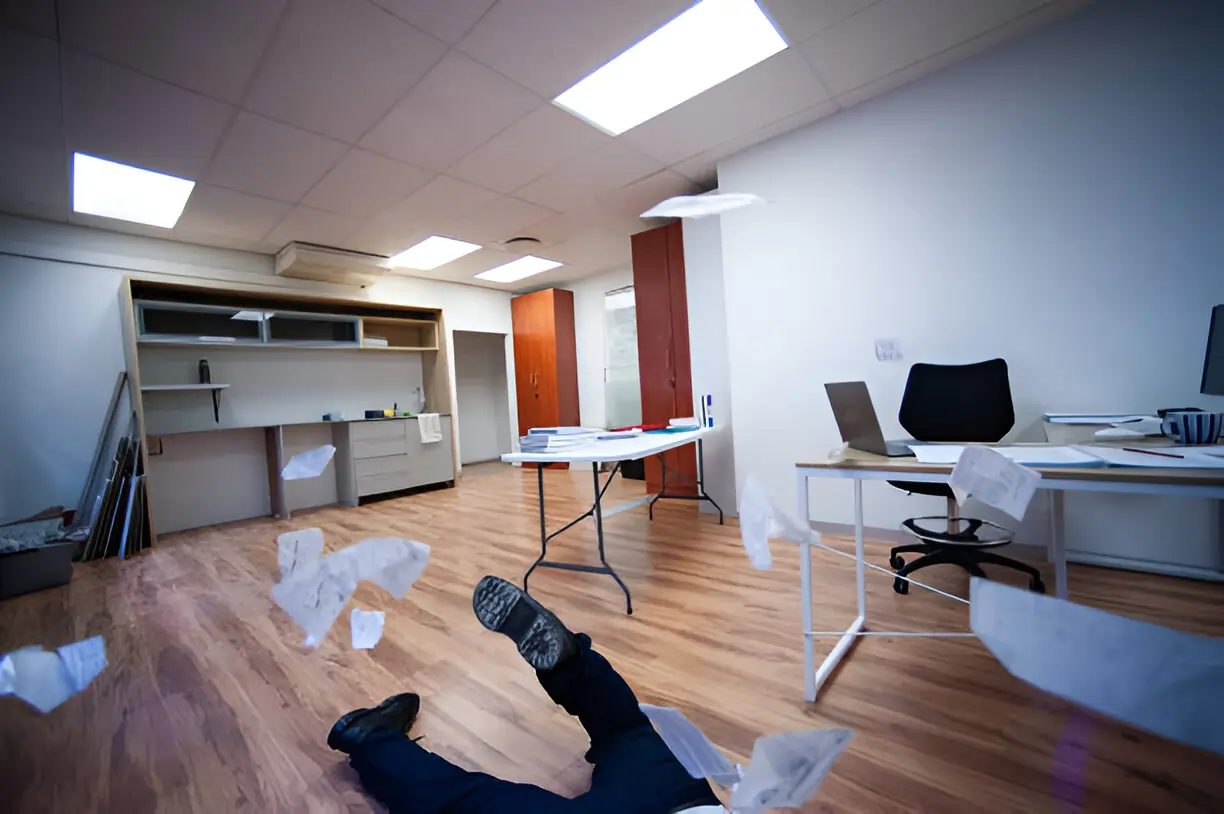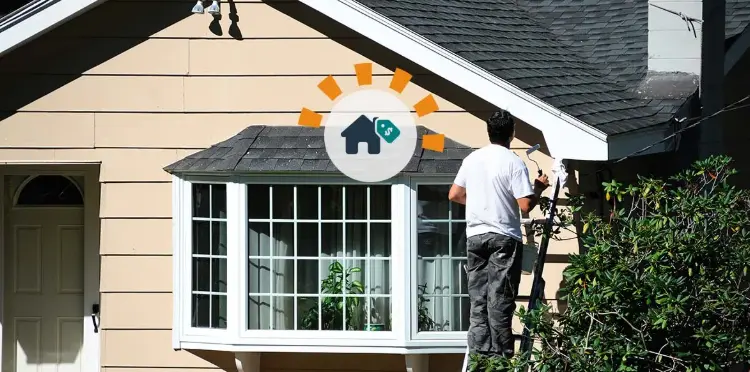Top Mistakes to Avoid When You Rent an Office Space
Getting a new office can feel exciting like a fresh start for your business. But that excitement can quickly turn sour if you choose the wrong space or ignore important details. Whether you’re a startup founder, a freelancer moving out of your home office, or a business owner looking to expand, it’s important to plan properly before you rent an office space.
In this article, we’ll walk through the most common mistakes businesses make when renting office space in Nigeria and how you can avoid them.
1. Not Understanding What Your Business Really Needs
Too many people rush into office rentals without thinking deeply about their company’s needs. They fall for a nice building, a “hot” address, or impressive interiors only to find out the space doesn’t support their operations.
Ask yourself:
- Does your team work better in an open layout or enclosed offices?
- How many staff do you have now and how many might join soon?
- Do you really need that fancy reception or multiple meeting rooms?
Start with the basics. Think of how your team works, your future plans, and how flexible you want the space to be.
2. Picking a Location Without Considering Logistics
It’s more than just choosing a space in popular areas like Lekki or Maitama. A great location should also be practical.
Is the area easy to access? Will your staff struggle with traffic? Are there nearby public transport options? Is parking available for both workers and visitors?
Also, consider nearby facilities: banks, eateries, courier services, and maybe even government offices depending on your industry.
3. Signing Lease Agreements Without Reading the Fine Print
Don’t just “trust the landlord.” Lease agreements are legal documents, and some of them come with heavy restrictions or hidden costs. Read everything.
Look out for:
- How and when rent can be increased
- Who pays for repairs or damages
- Whether you’re allowed to sublet or share the space
- What happens if you need to exit early
If anything seems unclear, get a lawyer or real estate professional to explain it before you commit.
4. Focusing Only on Rent, Ignoring Hidden Costs
Rent is just one piece of the puzzle. Many offices come with added costs that people ignore until it’s too late.
These may include:
- Power bills (especially diesel for the generator)
- Internet and cable services
- Security and cleaning charges
- Waste disposal
- Maintenance or service fees
Always ask the landlord or agent for a full list of all monthly expenses so you’re not caught off guard.
5. Forgetting to Plan for Business Growth
Right now, a small office may seem perfect. But what happens in six months when you hire five more people?
Avoid renting a space that feels tight after just a short time. Look for flexibility. Can you expand into a nearby unit? Is the space reconfigurable?
Co-working spaces or office parks often provide flexible options for growing businesses without forcing you to relocate entirely.
6. Skipping Proper Inspection
Before signing anything, inspect the property thoroughly. Don’t just go during the day when everything seems fine.
Look for:
- Signs of water leakage or dampness
- Condition of plumbing and wiring
- Whether the building has functioning fire exits
- Noise from nearby construction or roads
- Issues like poor ventilation or smelly restrooms
Also, visit the location at different times morning, afternoon, evening to get a real sense of what it’s like.
7. Locking Into Long-Term Leases Too Soon
Committing to a 3- or 5-year lease might seem smart if the rent is slightly cheaper, but it could tie your hands.
If you’re a new or growing business, flexibility is key. Try to negotiate a shorter lease with options to renew, or include a break clause that allows you to leave after a year or two.
Always think about what could change in your business and leave room for that change.
8. Assuming Amenities Are Included and Working
Just because the building has ACs doesn’t mean they work. And “free internet” often means poor connectivity.
Confirm what is included:
- Functional air conditioners and lighting
- Running water and clean toilets
- Generator access and fuel responsibility
- Furniture (if “furnished” is mentioned)
- Security systems (CCTV, guards, etc.)
Ask for a walk-through and test these things if possible.
9. Ignoring Zoning Rules and Regulatory Approvals
Some areas are strictly residential. Opening a business there may bring unnecessary attention from the authorities or even shutdowns.
Make sure your kind of business is allowed in that area. Also check if the building itself has the right permits to operate as a commercial property. It might sound like a small matter, but it can lead to big issues later.
10. Overlooking Security Concerns
Let’s be real security matters. You need a space where your staff, clients, and property are safe.
Ask about:
- Access control systems or gate passes
- Armed or unarmed security personnel
- CCTV coverage
- Emergency exits and fire alarms
- The general crime rate in the area
Even if the building is “beautiful,” don’t compromise on safety.
Final Thoughts
Getting the right office space is a mix of planning, budgeting, and knowing what to look out for. Don’t rush. Don’t be carried away by aesthetics or pressure from agents. Take time to research, ask questions, and think long-term.
Avoiding these mistakes can save you money, stress, and even your business’s reputation. A well-chosen office isn’t just a place to sit, it’s a foundation for growth.
Read more: Why UX Design Is the Secret Sauce of Top-Performing Mobile Apps







